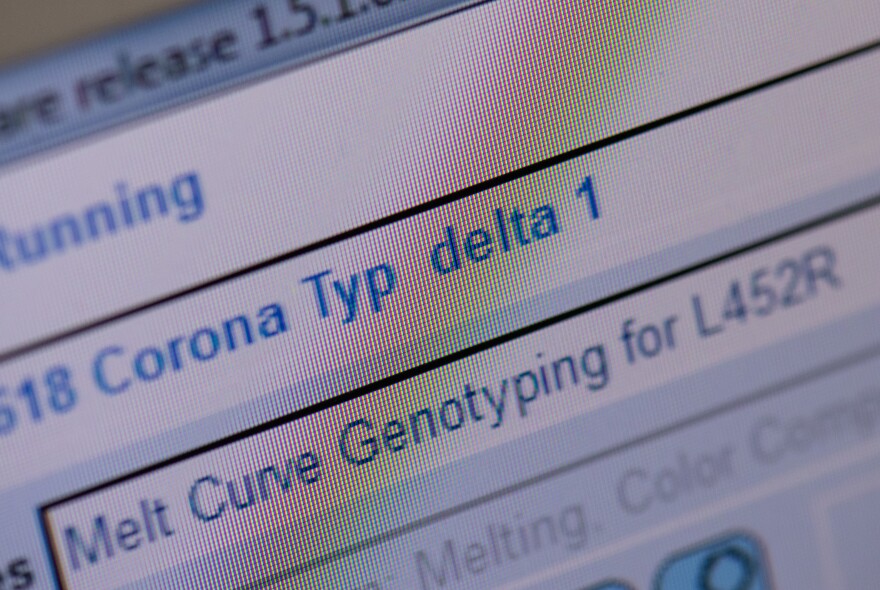Businesses and government agencies are increasingly requiring or debating whether to mandate proof of vaccinations for employees and customers as the country experiences a surge in new COVID-19 cases — mainly among the unvaccinated — largely attributable to the more contagious Delta variant.
Public health officials are warning that the Delta variant carries new risks — even for vaccinated people, though they are protected from the worst outcomes — which has prompted private businesses and government agencies to revamp safety plans, such as whether to bring workers back to the office or implement mask or vaccine requirements.
Dr. Francis Collins, director of the National Institutes of Health, said Sunday that businesses that are asking their employees for proof of vaccination or regular testing are taking steps “in the right direction.”
On Tuesday, New York City announced workers and customers will be required show proof of at least one dose for many indoor activities including dining, entertainment and gyms starting Aug. 16, with full enforcement taking effect Sept. 13.
The U.S. is not the only place where vaccines are being required for certain activities. France and Italy issued mandates last month.
But an executive order issued by Texas Gov. Greg Abbott bans government agencies from making individuals get vaccinated or provide proof of vaccination, and local governments and school districts from issuing mask mandates. Those who fail to comply could face fines of up to $1,000.
As of Friday, Texas' daily average of cases was 8,820 — up 209% from the two weeks prior — but despite the surge, Abbott doubled down on his order, saying protection should be a matter of personal responsibility, not mandated by the government.
How efficient are vaccines against the Delta variant? Does a single dose provide enough protection? What do we know about breakthrough infections in vaccinated individuals? Who is most at risk?
Are vaccine mandates necessary to curb the spread of the virus? How are they enforced? What are the legal, ethical and privacy considerations? Will these kinds of mandates encourage more Americans to get vaccinated against COVID-19?
Conflict over mask and vaccine requirements have surfaced in workplaces, schools, supermarkets and voting booths. What is fueling U.S. vaccine hesitancy and hostility?
Why do many people consider mask and vaccine requirements an infringement on their personal freedoms rather than a tool to mitigate negative public health outcomes?
Guests:
- Michele Bratcher Goodwin, J.D., Chancellor’s Professor and founding director of the Center for Biotechnology and Global Health Policy at the University of California, Irvine School of Law
- Ezekiel Emanuel, MD, Ph.D., vice provost for global initiatives and Diane v.S. Levy and Robert M. Levy University Professor in the Department of Medical Ethics and Health Policy at the University of Pennsylvania
- Katelyn Jetelina, Ph.D., MPH, epidemiologist with UTHealth School of Public Health in Dallas
"The Source" is a live call-in program airing Mondays through Thursdays from 12-1 p.m. Leave a message before the program at (210) 615-8982. During the live show, call 833-877-8255, email thesource@tpr.org or tweet @TPRSource.
*This interview was recorded on Wednesday, August 4.


